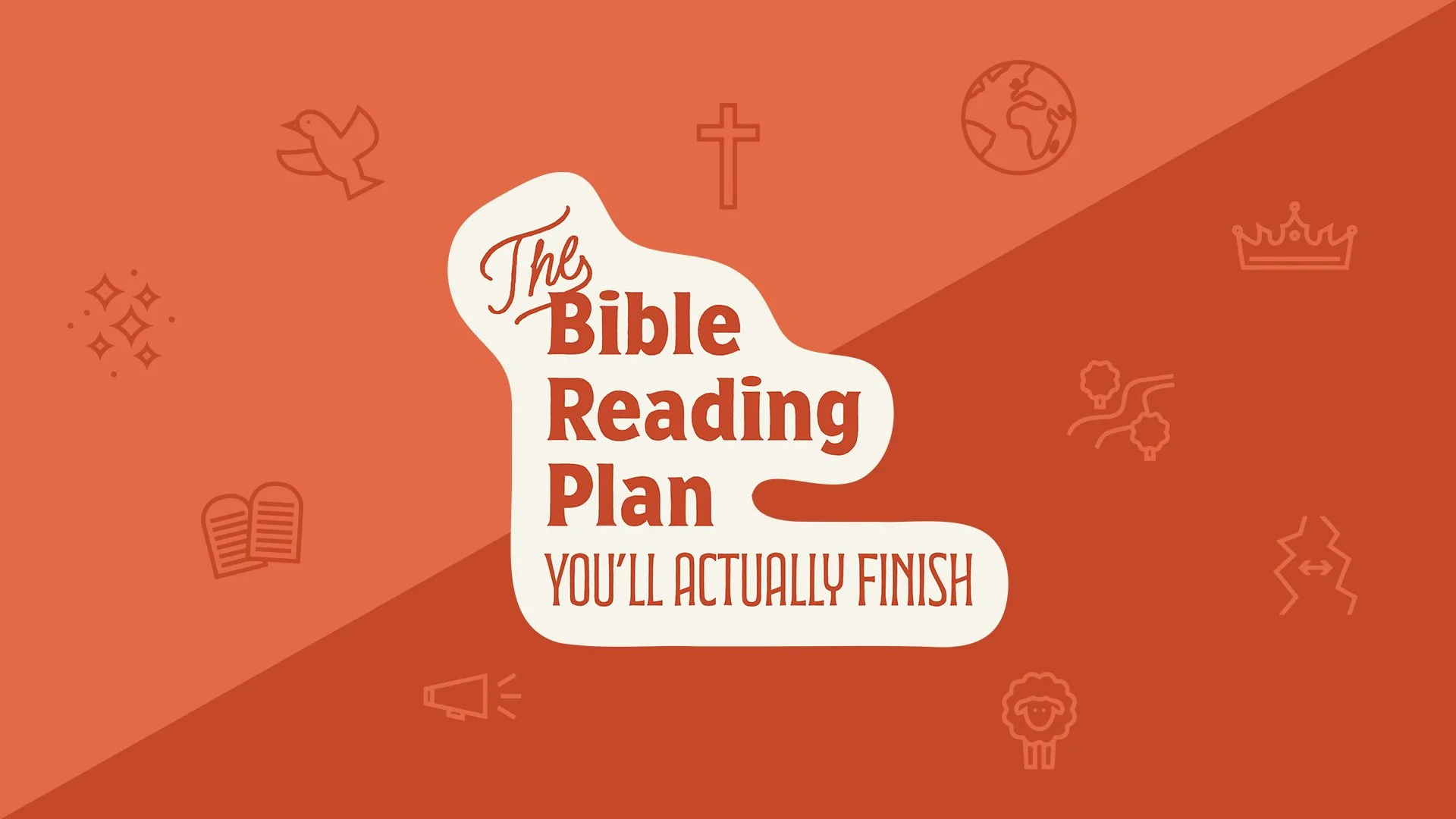Kingdom Priorities
Week 2: Day 1
Prayers for our world | Pray for Five Oaks-supported missionaries Greg and Michelle Larson
Greg and Michelle Larson have been shining the light of Jesus in East Hollywood for nearly 20 years. Greg describes East Hollywood as a crazy, dirty, urban, Latino, melting pot of cultures. It’s in this context that Greg and Michelle live and work to serve the physical, emotional, and spiritual needs of their neighbors. Their ministry includes serving two meals per day to the homeless, conducting GED training sessions, financial literacy classes, leading a youth recovery program (similar to a mini Teen Challenge), leading sports camps, and co-leading an English- and Spanish-speaking church in the neighborhood.
Last year, the Five Oaks small group that had adopted the Larsons sent two of their members to spend several days with the Larsons on their mission field. These Five Oakers experienced this mission field firsthand; they were able to help serve, and they were able to pray with the Larsons and their team. This was a great way to let our mission partners know that they are not alone. If your small group would like to adopt a mission partner, or would like to visit a missionary whom you’ve already adopted, please contact Dave Baar (impact@fiveoakschurch.org).
Take a few minutes to pray:
Praise that Pastor Victor from El Salvador could join their team in East Hollywood. He opens new doors by adding a strong Spanish-speaking presence to their ministry.
For Kairos Church in East Hollywood - that the gospel of Jesus Christ would be known and seen through this church.
That Jesus would shine through in all the programs: meals, training, education, counseling
For Greg’s health, as he is dealing with cancer treatments and recovery.
Today's Impact prayer was written by Impact Director Dave Baar
Photo by Nathan DeFiesta on Unsplash

